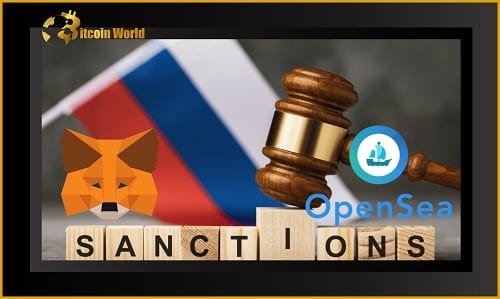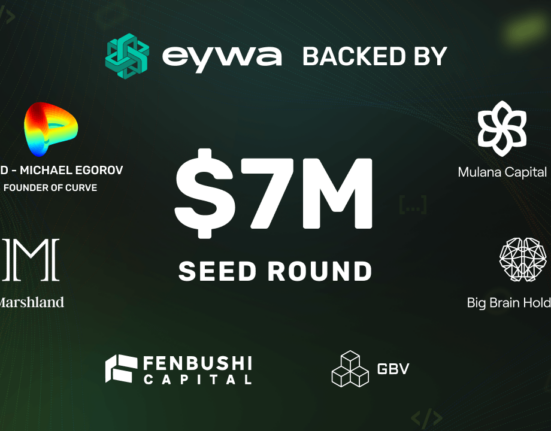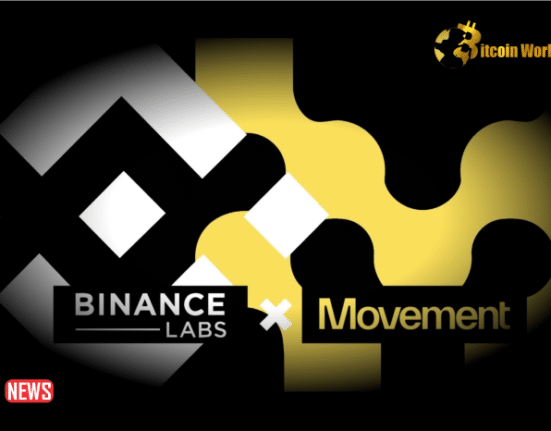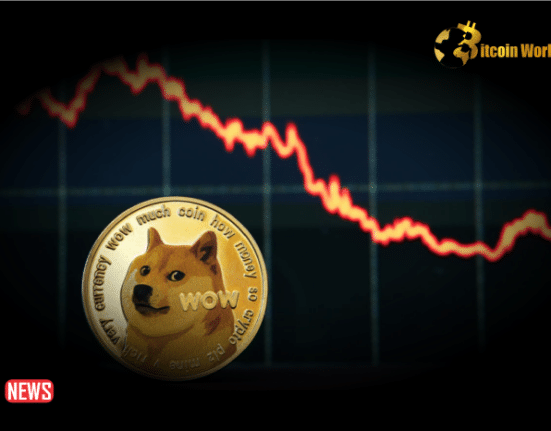So far, the majority of large exchanges have stated that Russian users will not be blocked. Due to restrictions imposed by its host Infura, OpenSea, the world’s largest NFT marketplace, reportedly began blocking Iranian users, citing US sanctions against the country. Meanwhile, popular Ethereum wallet MetaMask was unavailable in certain blacklisted countries.
The acts spurred extensive debate over crypto’s ostensibly decentralized character, as well as whether other major corporations would follow suit and join US sanctions against Russia.
OpenSea apparently began blocking Iranian users on Thursday. While the NFT marketplace, based in New York, expressed regret for the affected users, it was compelled to follow US sanction rules.
Users in Venezuela were also unable to access Ethereum wallet MetaMask, despite the action appearing to be part of a larger crackdown by Infura, which MetaMask uses to access the blockchain. While the blockade of Venezuela was inadvertent, Infura later confirmed that it had blacklisted numerous other countries sanctioned by the US, including two rebel territories in Ukraine.
It was unclear whether the two services were available in Russia at the time. Western sanctions against Russia went into effect on March 1st, and they are among the toughest ever seen.
Russian crypto sanctions are a hot topic.
While Binance, the world’s largest cryptocurrency exchange, will comply with US sanctions by barring specific Russian businesses. So, it will not prohibit all Russian users. Others, like as Kraken, have stated that citizens will not be barred from entering the nation.
Their remarks follow the Ukrainian government’s request to put Russian users on a blacklist. The Ukrainian government also offered a reward for any information on Russian and Belarusian bank accounts.
The action drew condemnation from the crypto community, who claimed that regulators. Then, and politics should not be allowed to intrude in the field. However, because so many cryptocurrency platforms rely on centralized infrastructure, they would be subject to regulation. Although experts ridiculed the idea, speculation has increased as to whether Russia could utilize crypto to circumvent the new restrictions.
The US has added cryptocurrency to its list of Russian sanctions, warning exchanges against trading with businesses on the blacklist. The European Union has stated that it would take efforts to ensure that Russia does not use crypto to dodge sanctions.
Related Posts – Ferrari joins the NFT universe through a collaboration with a Swiss…















